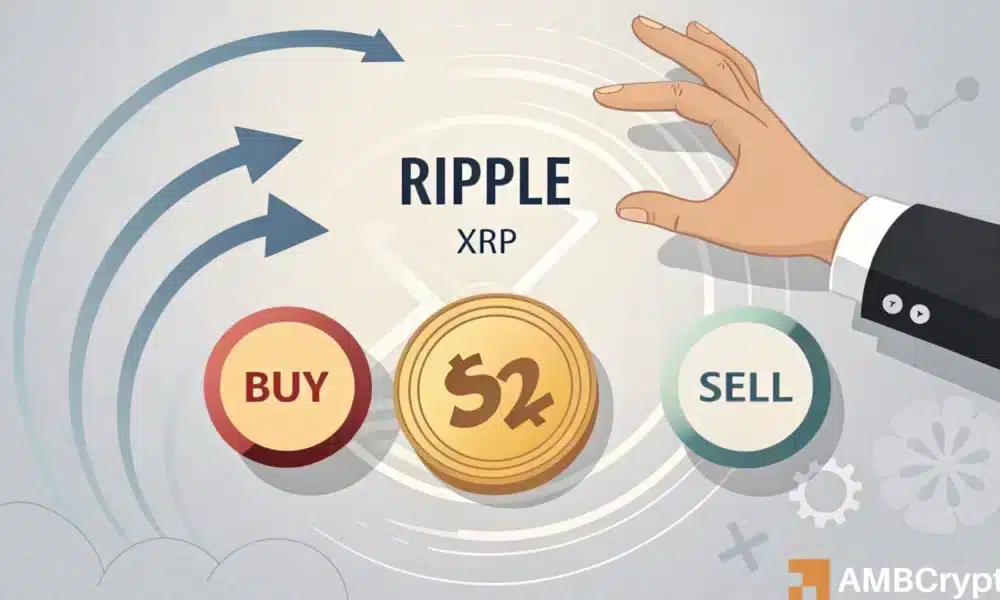In 2023, a top-tier centralized exchange lost over $600 million to a hack, wiping out user assets overnight. By 2024, a platform once certified as "5-star secure" collapsed due to misappropriation of funds. These aren't isolated incidents but systemic flaws of centralized finance. When your private keys reside on third-party servers, your crypto asets are essentially mutable digits that can be erased anytime.
Enter Coindex Decentralized Exchange (DEX) – not just a tech upgrade but a sovereignty revolution. It rebuilds trust through code and cryptographic principles, returning true ownership to users.
I. Private Keys: The Ultimate Control in Crypto
In blockchain, private keys equate to absolute ownership – they're the master keys to your digital vault. Yet centralized exchanges (CEXs) subvert this logic by requiring key custody throughout deposits, trading, and withdrawals.
This "not your keys" model reduces your assets to database entries. Server breaches, insider fraud, or regulatory freezes (like a 2022 exchange unilaterally blocking withdrawals) leave users powerless.

Coindex's Solution: Non-custodial architecture ensures users always interact with blockchains via personal wallets (MetaMask/Trust Wallet). Private keys only sign transactions locally, never leaving your device. This "My Keys, My Rules" approach eliminates third-party risks at the root.
II. The Seven Deadly Sins of CEXs
Why is key custody crypto's Achilles' heel?
Centralized servers are honey pots for hackers. 2020-2024 saw $12+ billion lost to CEX breaches. DEX assets remain in user wallets, making mass theft impossible.
Many CEXs gamble with user assets (leveraged market-making, loans). The 2023 LUNA crash exposed this when platforms became insolvent overnight.
Governments can force freezes (e.g., 2024 SEC subpoena for 2M+ user records). DEX transactions are censorship-resistant via pseudonymous addresses.
CEXs impose withdrawal limits, delays, and opaque fees (maker/taker rates, funding fees). Coindex enforces transparent, automated smart contract rules with no withdrawal barriers.
III. How Coindex Redefines Trust in Trading
Beyond cloning Uniswap, Coindex delivers triple breakthroughs:
Auto-Liquidation: Collateralized positions close instantly at threshold prices, no human interference.
Cross-Chain Atomic Swaps: Direct ETH-BSC-Solana trades without risky bridges.
MEV Resistance: Threshold encryption hides trade details until execution, thwarting front-running.
Aggregating Curve/Balancer pools enables "one-click best price" with <0.5% slippage. For altcoins, its Liquidity Incubator requires over-collateralization to prevent rug pulls.

ZK-SNARKs let users prove legal fund origins without revealing wallet addresses, satisfying AML/KYC needs.
IV. Real User Cases: From "Hostage Assets" to True Ownership
Case 1: Developer Mike
Lost $30K when a CEX outage blocked trading. Migrating to Coindex let his algo-trading bot execute directly on-chain, boosting returns to 27% APY.Case 2: "Starlink DAO"
Uses Coindex's multi-sig vaults (5/7 approvals required), eliminating single-point trust risks for community treasuries.
V. The Future: Five Trends of DEX Dominance
Wallet-as-Portal: Unified interfaces for storage/trading/borrowing.
On-Chain Credit: Behavior-based scoring enables uncollateralized loans.
Quantum-Resistant Security: Lattice-based cryptography trials underway.
Regulatory Bridges: Compliant KYC modules for institutional adoption.
Gamified Yield Farming: NFT quests incentivize liquidity provision.

Private Key Sovereignty – Crypto’s Ultimate Promise
Satoshi envisioned value transfer via math, not middlemen. Coindex’s DEX fulfills this by letting you:
Sign trades directly
Enforce fairness via smart contracts
Shield privacy with ZKPs
Remember: True security means "surviving others’ malice unscathed." Hold your keys – they’re not just strings but passports to financial freedom.
















No comments yet